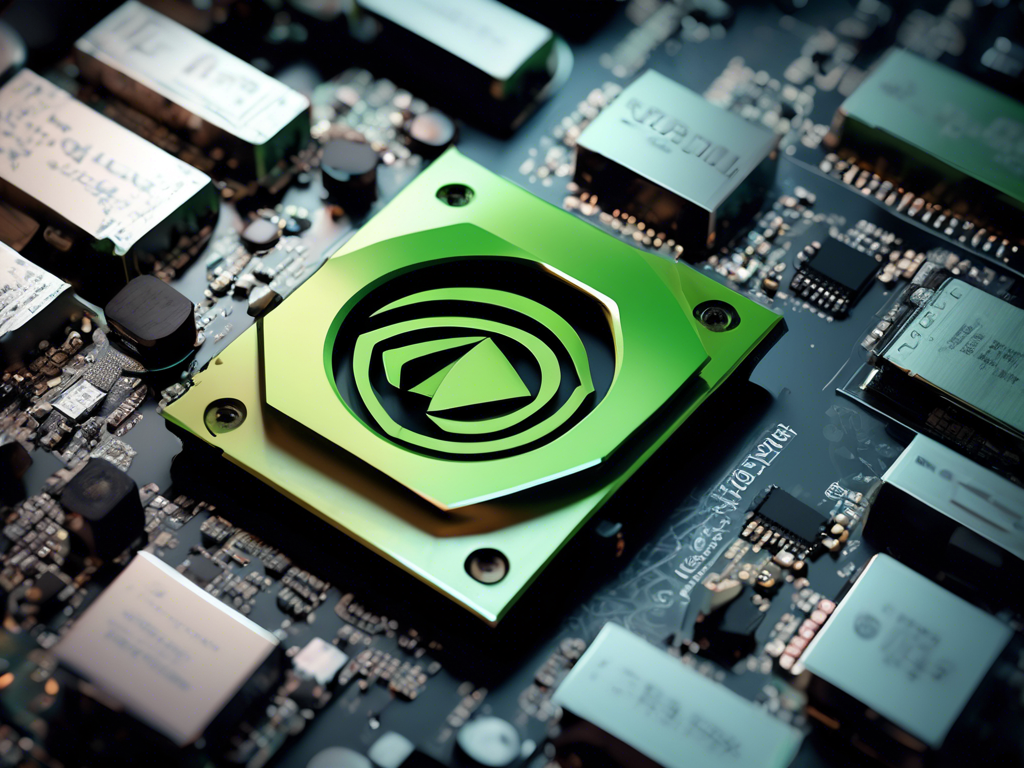Evolving Money: A New Era in Currency
In the world of finance, the concept of money is constantly evolving. As a subscriber to this podcast, you may be interested in exploring the next logical evolution of the monetary system. Let’s delve into how cryptocurrency could potentially revolutionize the way we transact and store value. Traditional forms of currency such as cash, credit cards, and digital payment apps may seem seamless on the surface. However, behind the scenes, there are numerous entities involved in verifying and processing every transaction, leading to hidden costs and inefficiencies.
A Peek Into History: Trust in Money
In the 17th century, England faced challenges with its monetary system, particularly with silver coins being shaved off for illicit gains. This led to a lack of trust in the coins’ actual value, causing delays and disputes in transactions. Goldsmiths inadvertently stepped in to address these issues by issuing paper receipts that represented a claim to a certain amount of gold or silver. Interestingly, these slips of paper started circulating as a form of currency, with people trusting the goldsmiths’ integrity in guaranteeing the value behind the notes. This historical example highlights the pivotal role of trust in the evolution of money.
-
Goldsmiths as Pioneers:
- Goldsmiths played a crucial role in addressing the inefficiencies of the monetary system.
- By issuing paper receipts backed by precious metals, they inadvertently created a new form of currency.
- The trustworthiness of the goldsmiths was essential in establishing the credibility of these paper notes.
- Emergence of Paper Money:
- The transition from physical coins to paper money signifies a shift towards a more efficient and trusted medium of exchange.
- Trust in the issuer of the paper notes was crucial for widespread acceptance and adoption of this new form of currency.
- Paper money paved the way for modern banking systems and the issuance of fiat currency by central authorities.
Challenges in Modern Money Systems
Fast forward to the present day, and we still encounter inefficiencies in our current monetary systems. Delays in wage payments, lengthy processing times for international transfers, and high transaction fees are just a few examples of the friction present in today’s financial landscape. The traditional banking infrastructure, characterized by legacy systems and intermediary entities, often hinders the seamless flow of funds across borders and between individuals.
-
Modern Day Frictions:
- The reliance on outdated banking systems results in delays and inefficiencies in processing financial transactions.
- International transfers require the involvement of multiple intermediaries, leading to extended processing times and high costs.
- Customers bear the brunt of these inefficiencies through transaction fees and unforeseen delays in fund transfers.
- The Need for Innovation:
- The limitations of the current payment systems underscore the necessity for innovative solutions to streamline financial transactions.
- Technological advancements, such as blockchain and cryptocurrencies, offer potential remedies to the longstanding challenges in the monetary ecosystem.
- Building trust and reducing friction in money transfers are key objectives in the quest for a more efficient and inclusive financial infrastructure.
Cryptocurrency: A Paradigm Shift in Money
The emergence of Bitcoin in 2008 represented a paradigm shift in the concept of money. Satoshi Nakamoto’s whitepaper on a peer-to-peer electronic cash system laid the groundwork for a decentralized payment network that operated without traditional intermediaries. By leveraging blockchain technology, Bitcoin introduced a transparent and secure mechanism for validating and recording transactions, thereby enhancing trust and efficiency in the financial realm.
-
Bitcoin’s Revolutionary Impact:
- Bitcoin’s decentralized nature eliminates the need for intermediaries in verifying and processing transactions.
- The blockchain technology underlying Bitcoin ensures transparency, security, and immutability of transaction records.
- Users can transact directly with one another, bypassing the traditional banking system and its associated fees and delays.
- Challenges and Opportunities:
- While Bitcoin offers a revolutionary alternative to traditional payment systems, scalability and transaction speed remain key areas for improvement.
- Initiatives like the Lightning Network aim to enhance the speed and efficiency of Bitcoin transactions, opening up new possibilities for real-time payments.
- The growing acceptance of cryptocurrencies by financial institutions and consumers signifies a shift towards a more decentralized and user-centric financial landscape.
Towards a Future of Financial Innovation
As we navigate the complexities of the modern monetary system, the evolution of money continues to unfold. The intersection of technology, trust, and efficiency is reshaping the way we transact, invest, and store value. Cryptocurrencies like Bitcoin are at the forefront of this transformative journey, offering a glimpse into a future where financial transactions are seamless, secure, and accessible to all.
Hot Take: The Future of Money
The future of money is undergoing a profound transformation, driven by innovations in blockchain and cryptocurrencies. As we embrace this new era of financial innovation, opportunities abound for individuals and institutions to redefine the way we interact with money. By fostering trust, reducing friction, and embracing technological advancements, we can pave the way for a more inclusive, efficient, and transparent financial ecosystem. Join the evolution of money and be part of shaping the future of finance.





 By
By
 By
By
 By
By
 By
By

 By
By